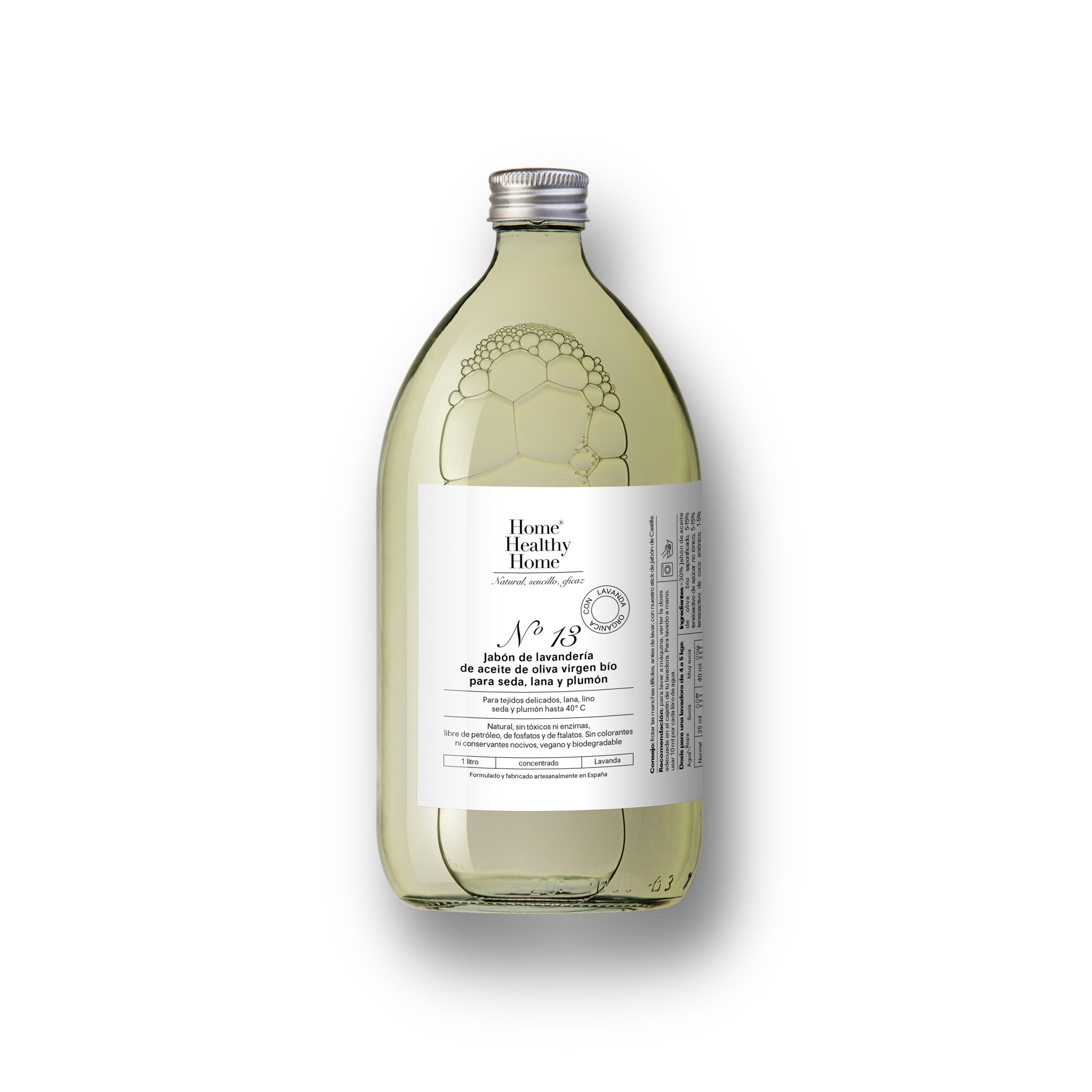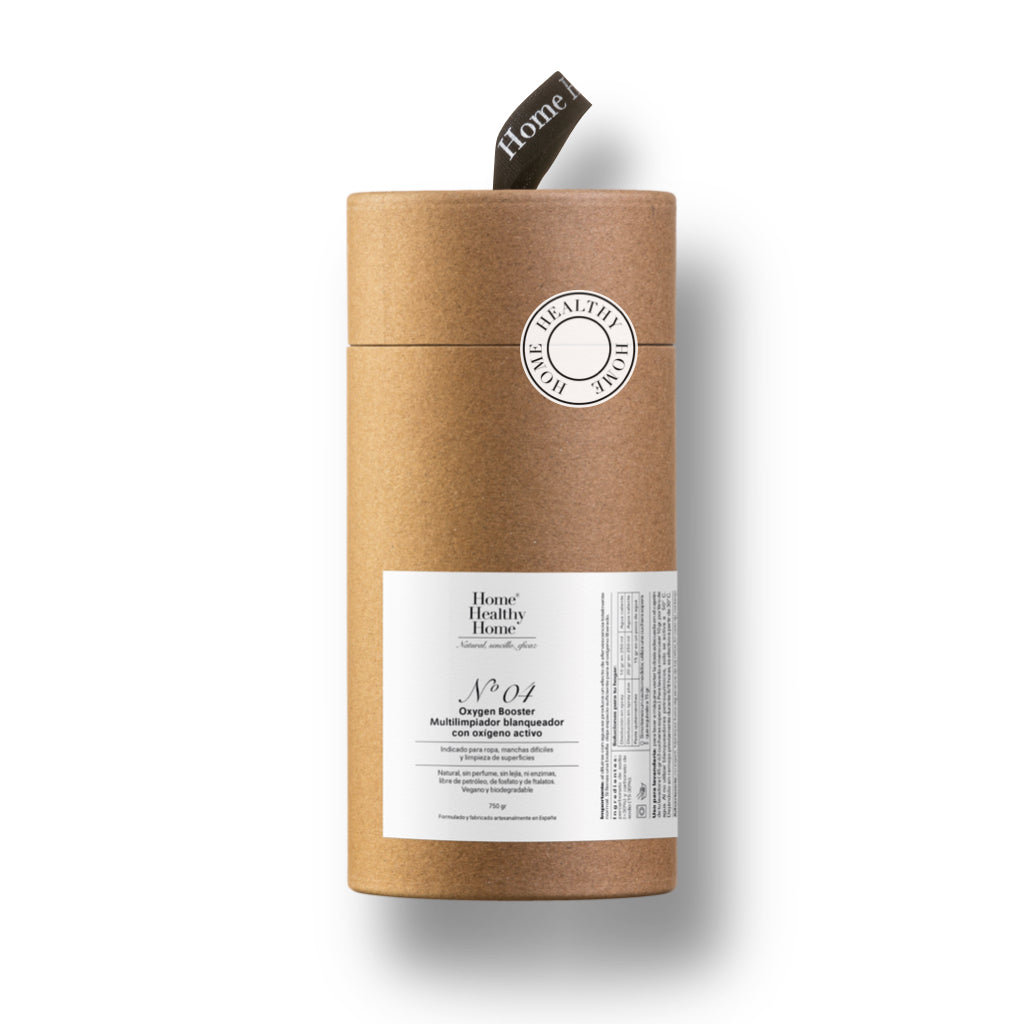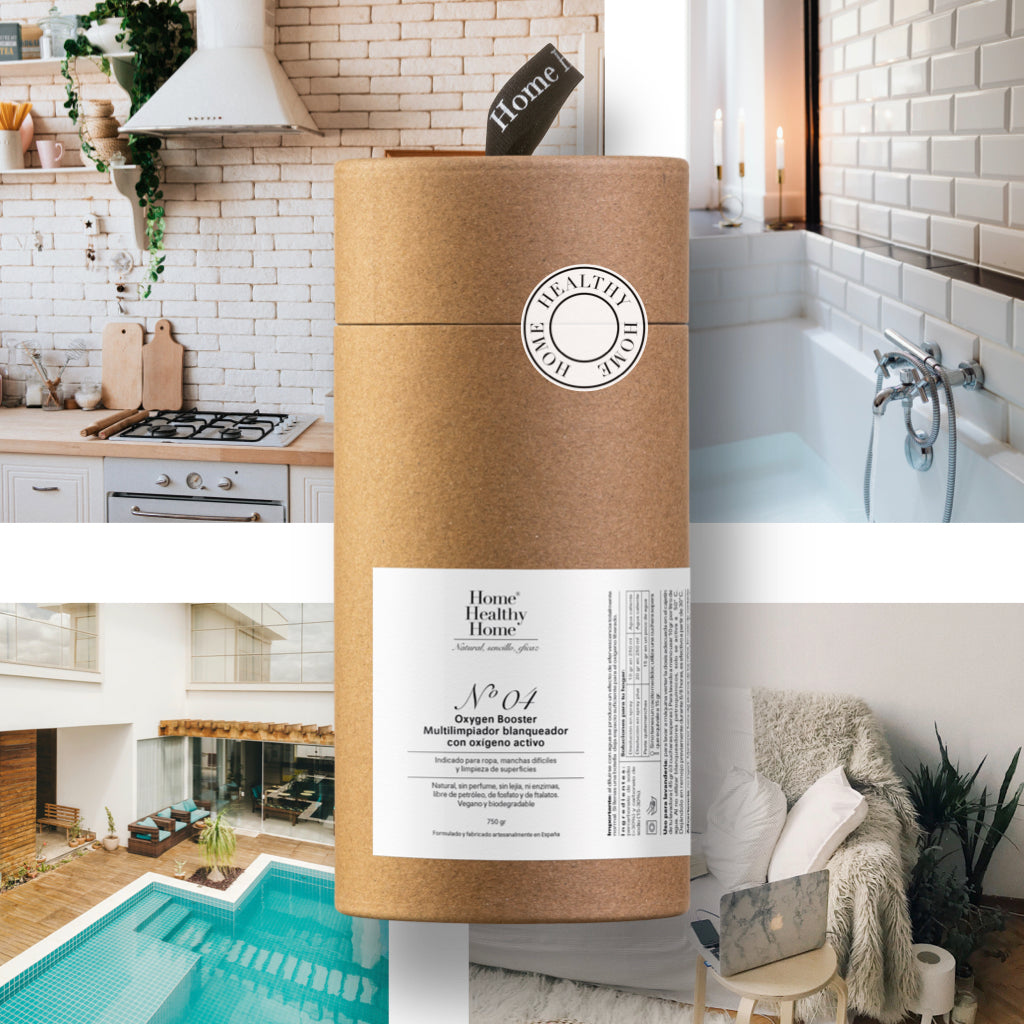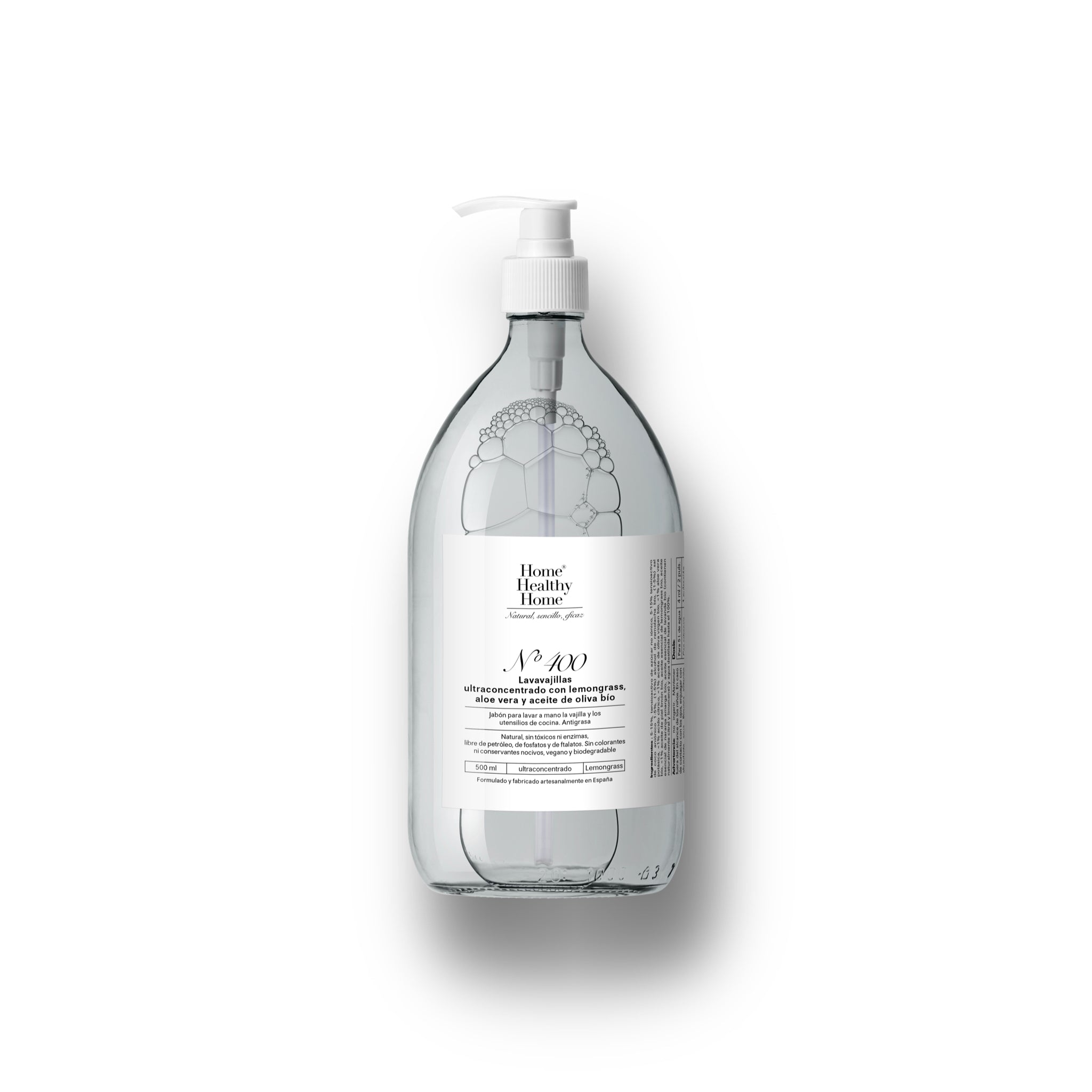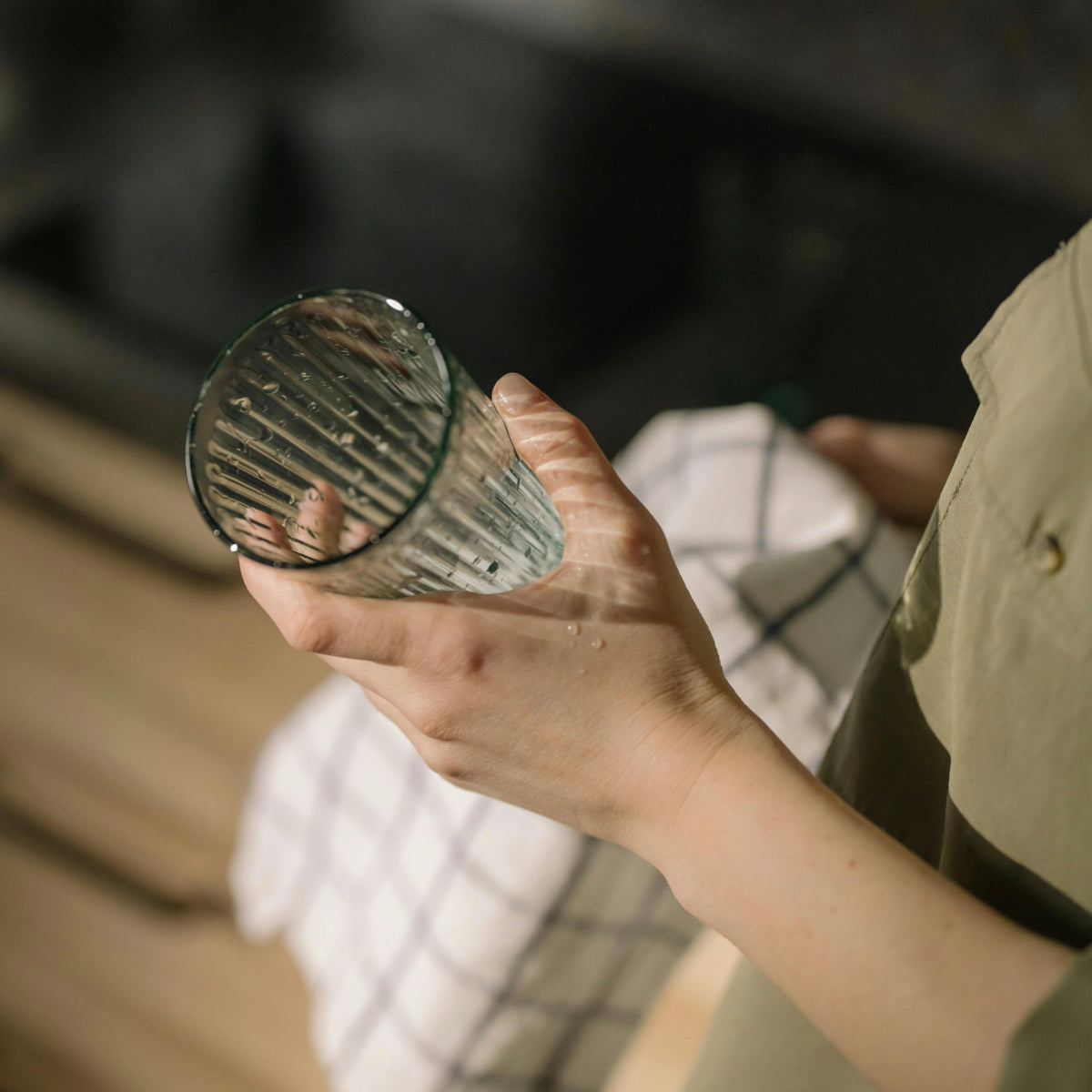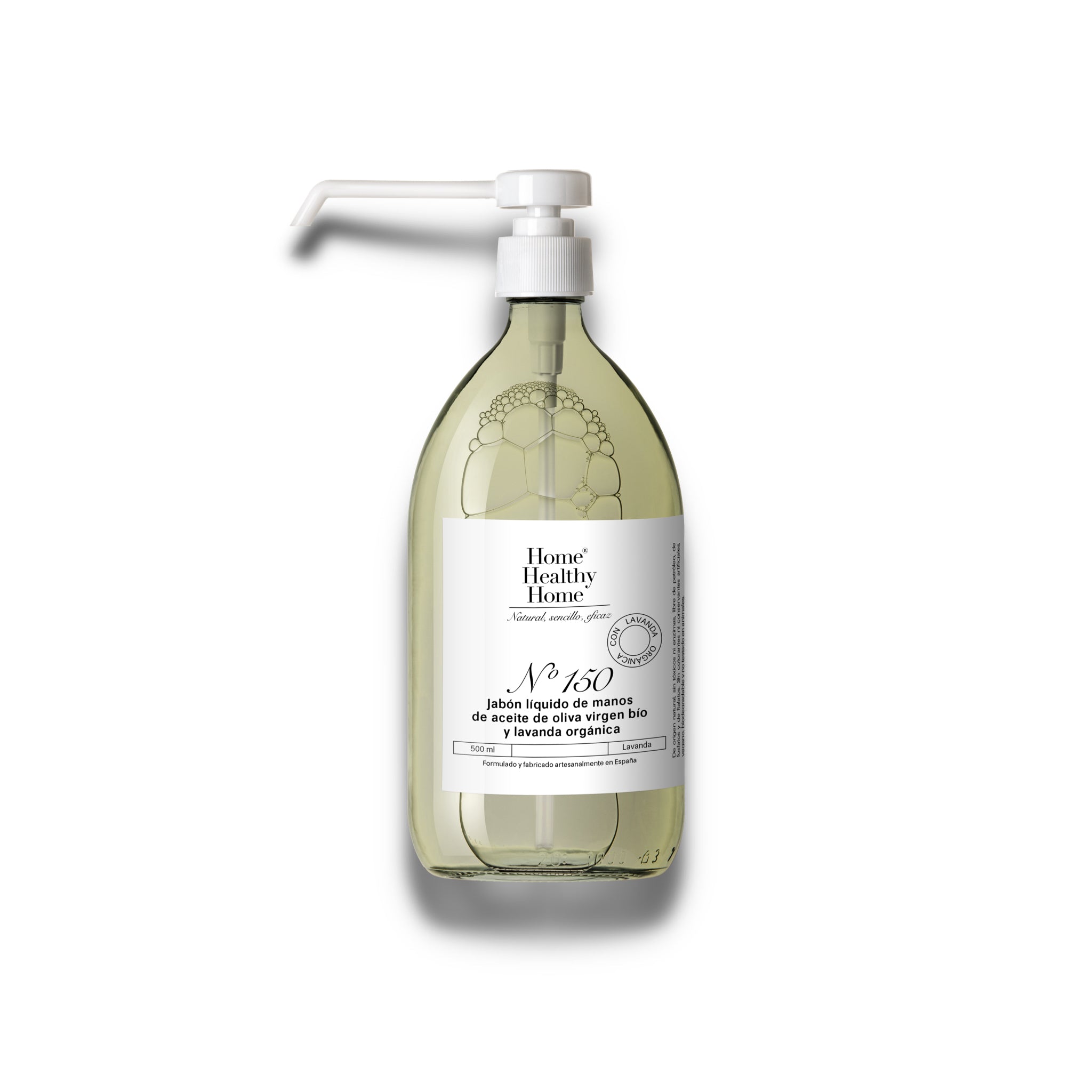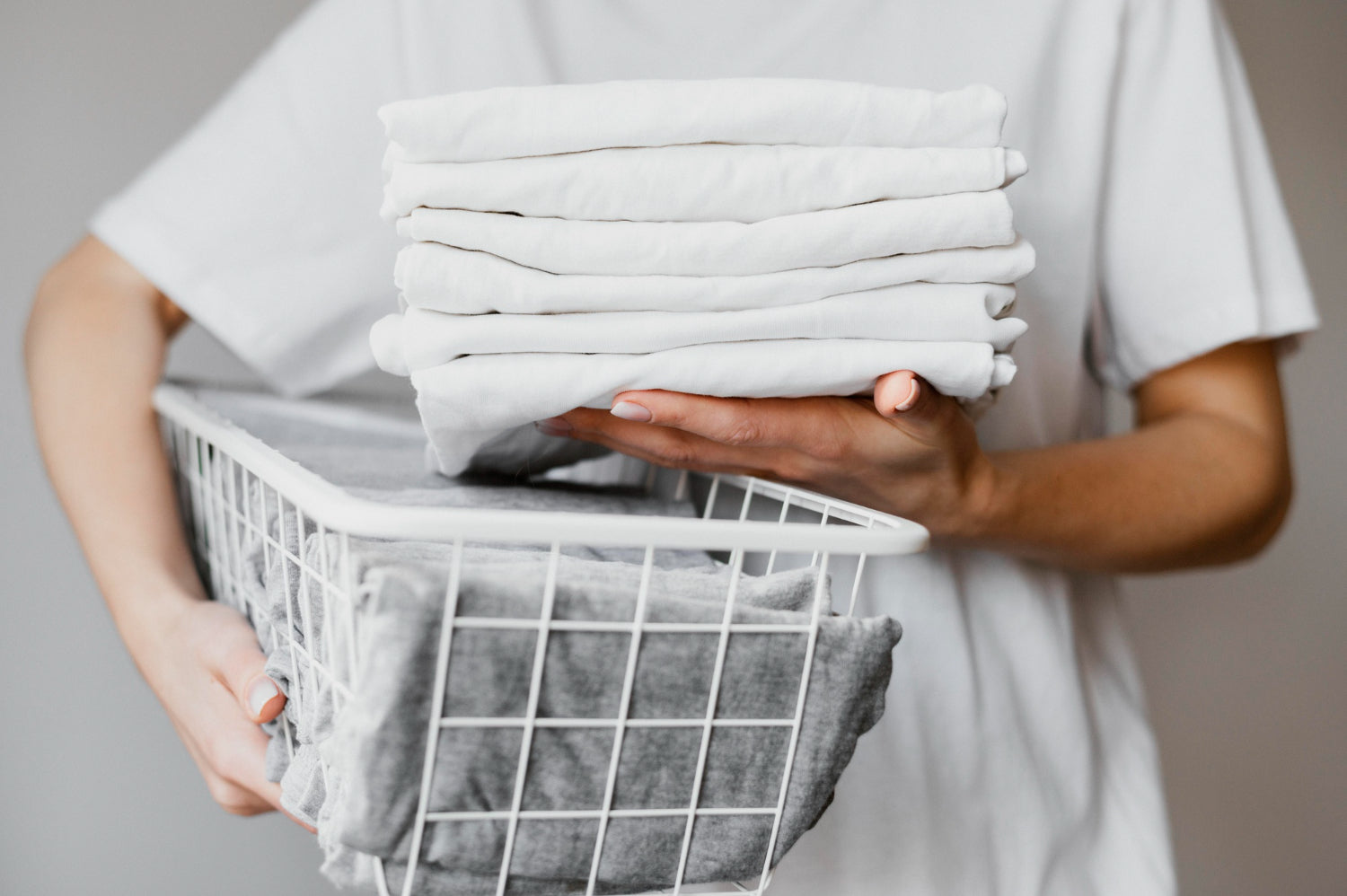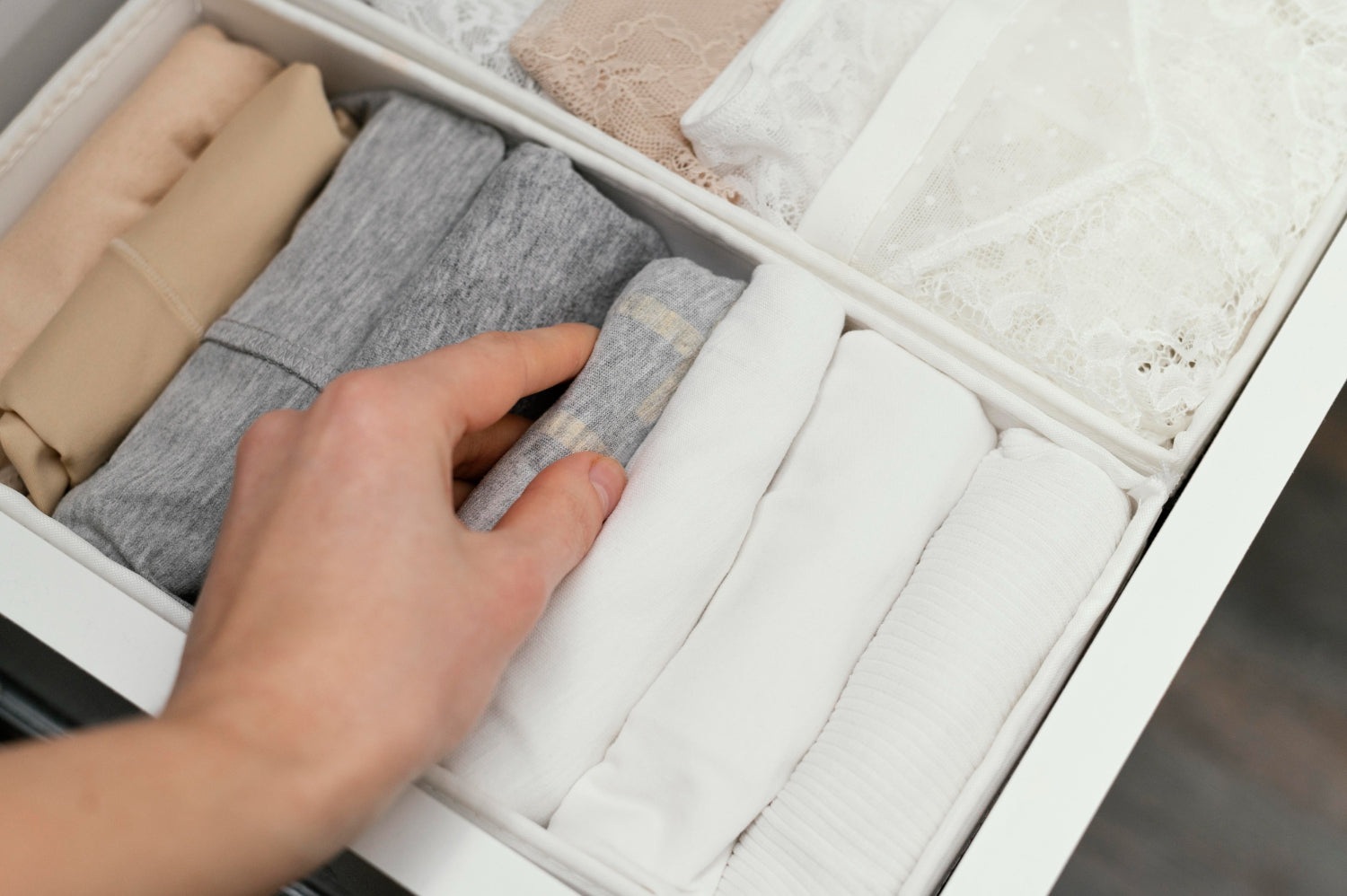Discover where toxins hide in your bedroom and how they affect your health
We often neglect the impact of the environment on our health, focusing on aspects such as food and cosmetics, but we forget the place where we spend a third of our lives: the bedroom. Maintaining a healthy and pleasant environment in this area is crucial for our general well-being.
Dust, mites and VOCs: The main air pollutants in your bedroom
Dust accumulated on furniture, curtains, mattresses and blankets is the main source of air pollution in bedrooms. This dust harbors a variety of contaminants, from textile fibers to dead cells, which can trigger respiratory allergies and other health problems.
Mites, tiny creatures that thrive in warm, humid environments, are also a concern. They feed on the dead skin we leave on our beds and can trigger allergies and even asthma.
Volatile Organic Compounds (VOCs), such as formaldehyde and benzene, are emitted by everyday products in the bedroom, such as furniture, paints and cleaning products. These toxic substances can have harmful health effects, from respiratory irritations to cancer risks.
Keep your bedroom healthy with simple daily gestures
To maintain a healthy bedroom, it is crucial to ventilate the room daily for at least 10 minutes, regardless of the weather or outside pollution. Additionally, it is important to use natural cleaning products and detergents to avoid exposure to toxic substances. In addition, it is essential to read and understand the labels of the products we buy, avoiding those that contain dangerous substances.
Other sources of pollution present in your bedroom
There are other sources of pollution, in addition to those mentioned above, that are in your bedroom that could be contributing to the accumulation of toxins and inadvertently affecting your health. These include:
- Mattresses and pillows : Over time, mattresses and pillows can accumulate dust mites, fungi, and bacteria, which can trigger allergic reactions and respiratory problems. Opting for hypoallergenic mattresses and pillows and regularly washing sheets at high temperatures can help reduce this problem.
- Personal care products : Personal care products, such as lotions, perfumes, and deodorants, often contain synthetic ingredients and artificial fragrances that can release VOCs into the air in your bedroom. Seeking natural and organic alternatives can minimize exposure to these toxins.
- Appliances : Appliances such as humidifiers, air purifiers, and electronics emit EMFs (electromagnetic fields) that can interfere with sleep and affect long-term health. Limiting the number of electronic devices in the bedroom and turning off electronics at night can help reduce this exposure.
- Construction Materials : If your bedroom has recently been renovated or is located in a new building, it is possible that the construction materials used, such as adhesive, paint, and floor covering, are releasing VOCs into the indoor air. Make sure the room is well ventilated and allowing several months for materials to air out can help reduce this problem.
- Synthetic Bedding : Sheets, duvets, and blankets made from synthetic materials may contain toxic chemicals used in their manufacturing. Opting for bedding made from organic cotton or other natural materials can be a healthier option.
For a comprehensive solution, consider using products from Home Healthy Home, a brand committed to creating cleaning and home care products made with natural and eco-friendly ingredients. Their products are not only effective in maintaining a clean home, but also contribute to maintaining a healthy environment in your bedroom, free of toxic chemicals. With Home Healthy Home, you can be sure that you are taking care of both your home and your health.


